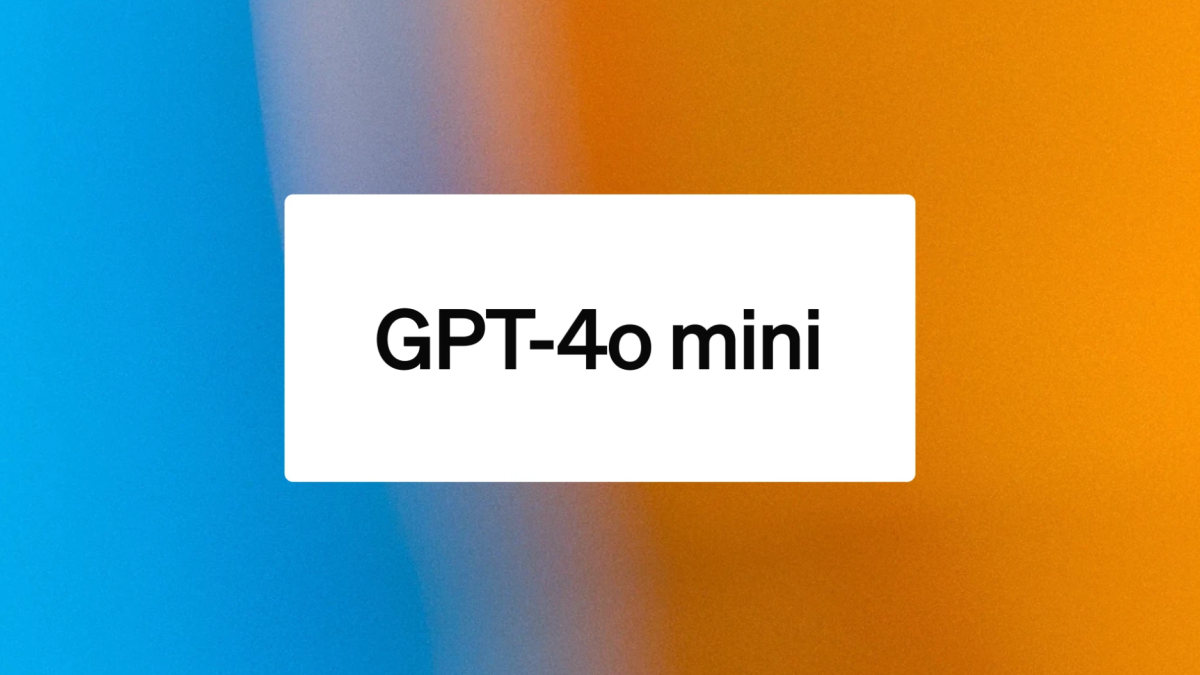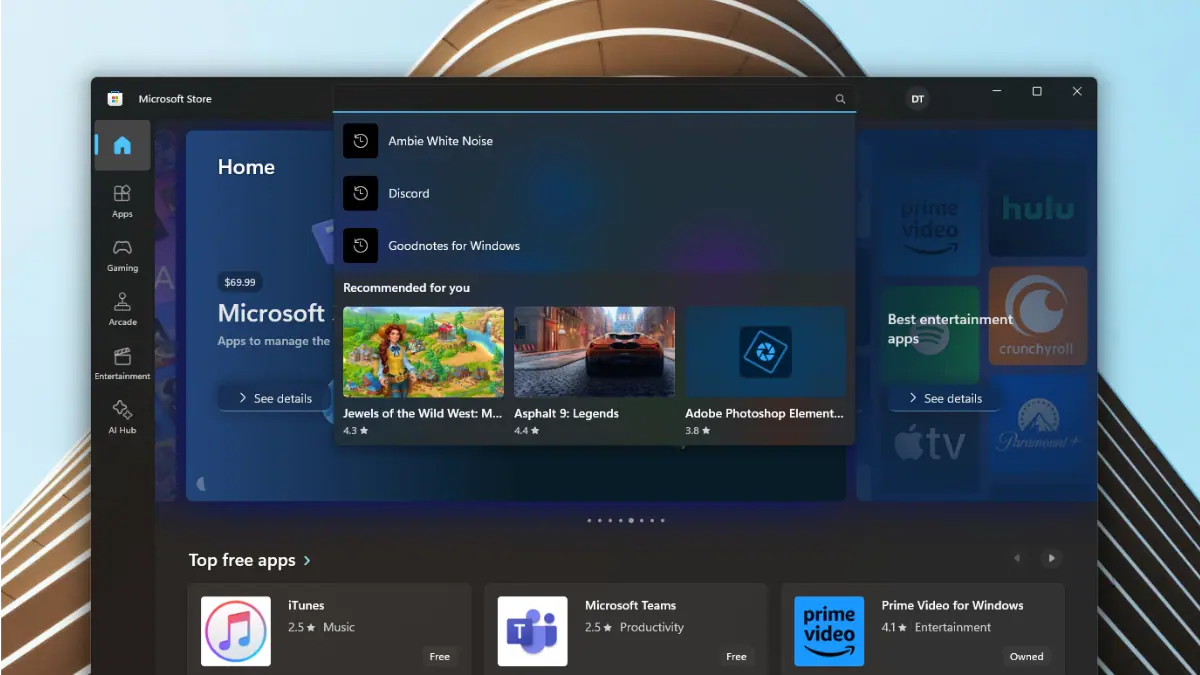Google settles lawsuit over tracking in Chrome's Incognito mode: What you need to know
2 min. read
Published on
Read our disclosure page to find out how can you help MSPoweruser sustain the editorial team Read more

Google has agreed to settle a class-action lawsuit that accused it of collecting user data even when browsing in Chrome’s supposedly private Incognito mode. The lawsuit was filed in 2020, and it alleged that Google tracked information such as browsing history, device data, and IP addresses even when users believed they were surfing privately.
Google initially tried to dismiss the lawsuit, arguing that its warning about websites being able to track activity in Incognito mode means users consent to some data collection. However, a judge disagreed, stating that Google never explicitly informed users about its continued data collection.
The legal case was seeking a minimum of $5 billion in damages. The exact terms of the settlement have not been made public, but the lawyers involved have confirmed that they have reached an agreement through mediation. They anticipate presenting a formal settlement for court approval by February 24, 2024.
Although using Incognito mode prevents Google Chrome from saving your browsing history, it does not prevent websites or your internet service provider from tracking your activity.
This case emphasizes the necessity of more transparent data collection practices. Tech giants like Google must be more open about collecting user data, particularly in sensitive features like Incognito mode.
Consider using virtual private networks (VPNs) or dedicated privacy browsers if you need private browsing.
More here.








